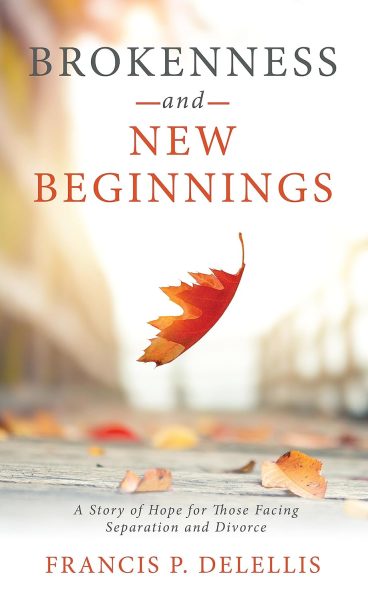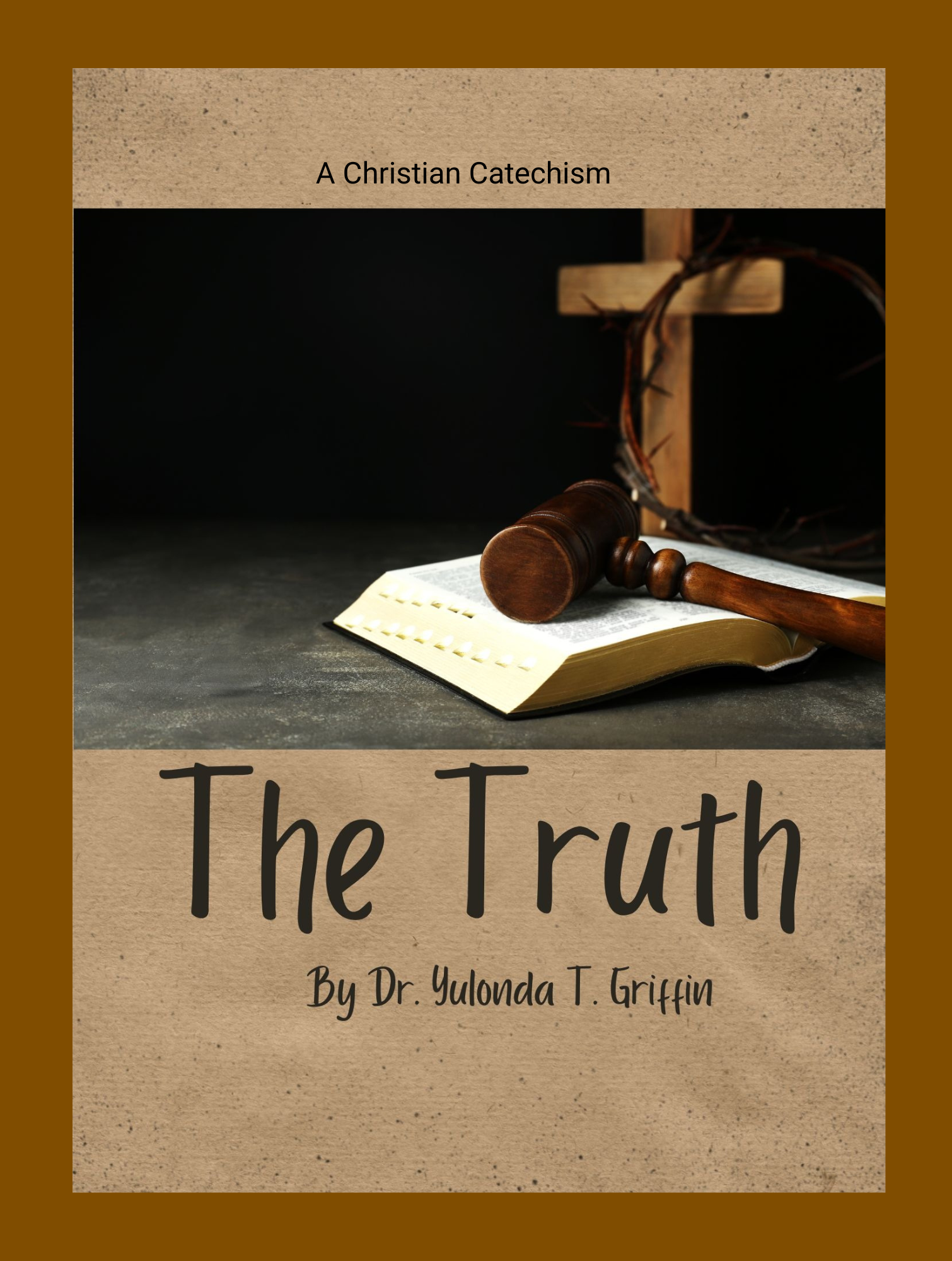 About Katarina’s Dark Journey:
About Katarina’s Dark Journey:
A dual timeline story.
After finding Katarina’s Russian diaries in the Munich post-war rubble, Peter wrestles with his life and his memories. His wife is pregnant, he isn’t ready to become a father, and he’s tired of his job. When his father’s old friend, Max gives him a commemorative bottle, Peter spirals into a dark depression. Still not knowing the truth about Katarina’s death, he chases the ghost of her diaries, hoping the pages of the past will help him put the pieces of his life together.
In 1917, Ukraine, the Bolshevik soldiers raze the Mennonite villages. Katarina and her pregnant sister, Anna, run for their lives. While sinister characters hide at every stop, Katarina sees it as her duty to protect her sister and the unborn child. Hoping to find comfort at their parents home across the river, they witness the devastation of war and face the dreaded rebel gangs. Will life ever return to normal?
Written by: MJ Krause-Chivers
How to buy the book:
Buy the Book Here
Author Bio:
MJ Krause-Chivers is the fiction stream for Canadian Christian author Miranda J. Chivers.
The author is the granddaughter of German-Ukrainian Mennonite refugees from the Russian Civil War. Her fiction stories are based on true events and historical settings.
The author lives in the beautiful wine country of Niagara-on-the-lake, Ontario, Canada. She enjoys reading, hiking and watching historical movies.
Follow the author on social media:
Learn more about the writer. Visit the Author’s Website
All information in this post is presented “as is” supplied by the author. We don’t edit to allow you the reader to hear the author in their own voice.










